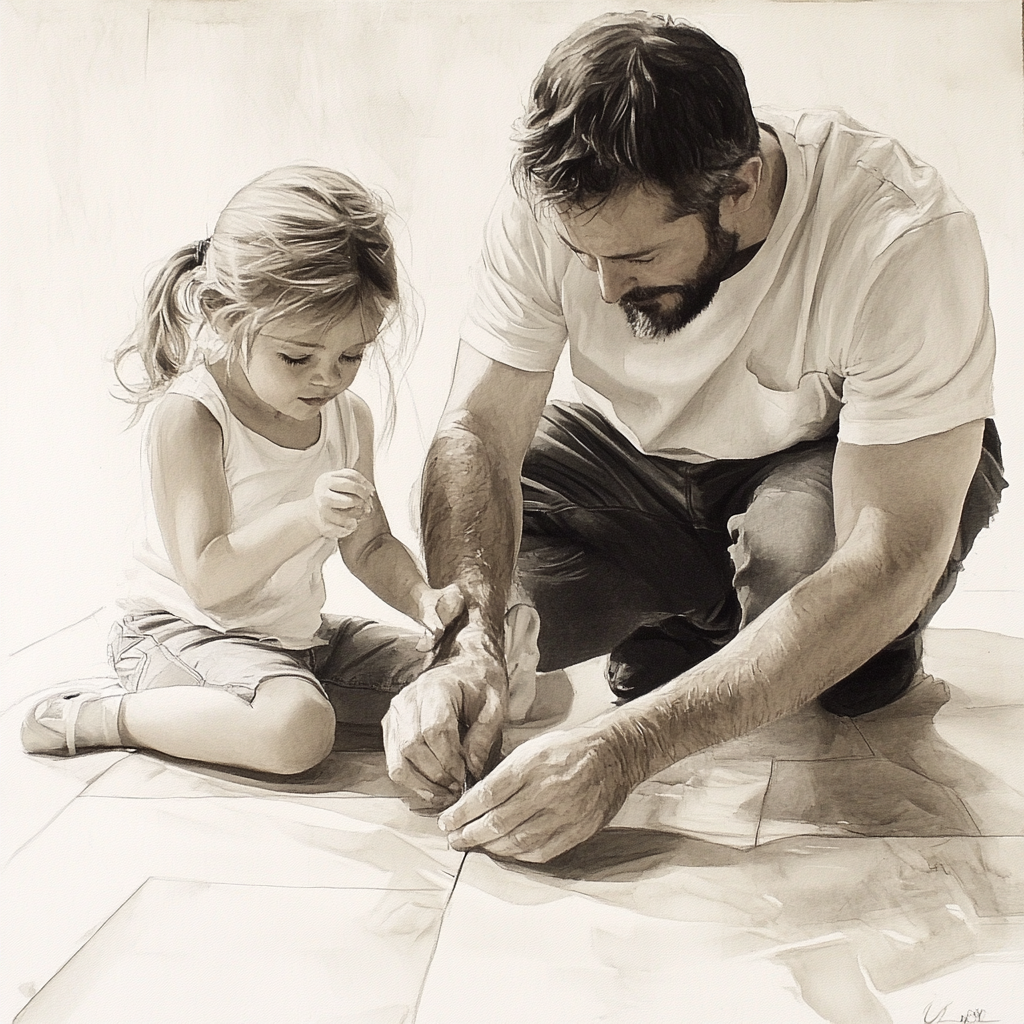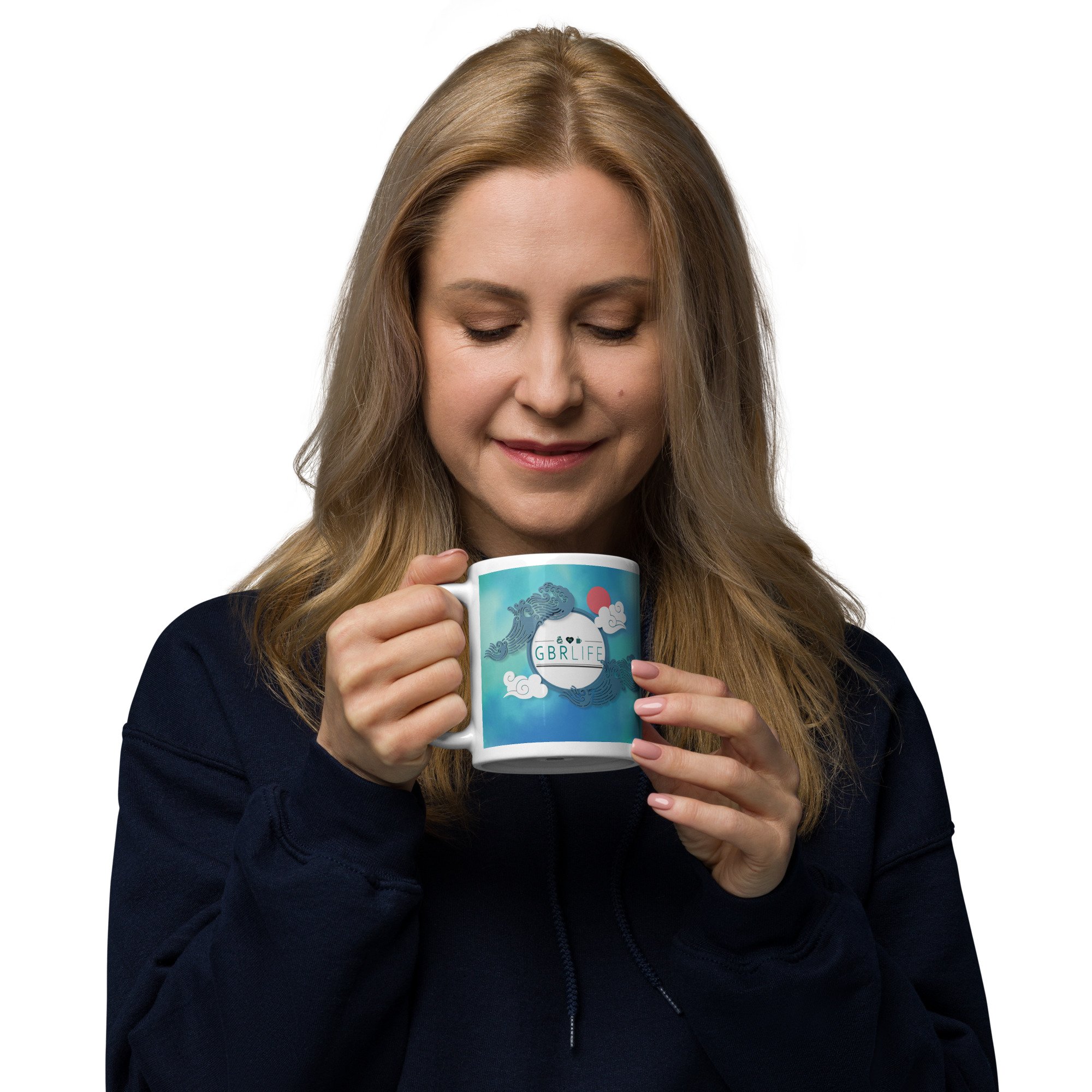Why Parents Are So Tired: The Physical and Emotional Challenges of Every Age
Parenting is a journey that never ends, but the path is constantly shifting. What exhausts a parent of a newborn is not the same as what drains a parent of a teenager. Yet, somehow, the world often acts as if all parents should be operating at the same level, with the same capabilities, all while forgetting that children’s ages—and needs—change everything.
The Physical Challenges at Each Stage:
Image credit: Midjourney Ai
Newborns and Infants: Sleep deprivation is practically a rite of passage. New parents are thrust into a 24/7 cycle of feedings, diaper changes, crying, and soothing. It’s physically demanding, with sleep interrupted every few hours and the body constantly fighting exhaustion. Even when the baby sleeps, a parent’s mind often doesn’t rest, remaining on high alert for the slightest sound of distress.
Toddlers: The toddler phase is marked by relentless energy. Parents of toddlers find themselves in a constant state of vigilance—preventing accidents, navigating tantrums, and providing stimulation to nurture their child’s rapidly developing mind. Physically, it’s all about chasing, lifting, carrying, and bending—repeatedly. The mental fatigue is just as real as the physical. It’s like herding cats with a side of constant negotiation.
School-Age Kids: At this stage, parents are juggling schedules. School drop-offs, pick-ups, homework assistance, extracurricular activities, and social events all demand attention. The physical exhaustion comes from the sheer volume of logistics. It’s a different kind of tired—one that feels like living by the clock and always being a step behind.
Teenagers: You might think the physical demands ease up when kids become teens, but that’s not always the case. Parents of teenagers deal with new kinds of exhaustion—sleepless nights spent waiting for them to come home, the emotional toll of managing their growing independence, and the mental gymnastics of keeping them safe while giving them room to grow. And let’s not forget, many parents of teens are still working full-time jobs, caring for other children, or dealing with their own aging parents.
It’s Not the Same Experience for Everyone!
It’s easy for someone with older kids to say, “I remember when mine were little—it’s tough, but it gets better.” But the reality is, everyone’s parenting journey is different. Parents of teenagers may have more sleep but face relentless emotional exhaustion. Parents of toddlers might be in the thick of physical exhaustion, while parents of infants are existing in a haze of broken sleep and worry.
Comparing these experiences is pointless. Yes, parents of newborns and parents of teenagers are both parents. But their struggles are vastly different and can’t be equated. Yet, society often dismisses this reality, assuming all parents should be equally available and capable.
Here’s the kicker: Parents of young children are especially expected to keep up with demands as if they don’t have little people literally relying on them for survival. From the outside, it can seem like parents of toddlers or infants should be able to function like everyone else—traveling, answering the phone, accommodating requests from others, and making themselves available on demand.
The truth is, young kids need you. They need you constantly, in ways that can feel all-consuming and leave no room for anything else. It’s not a matter of being lazy or unmotivated—it’s about fulfilling your child's most basic survival needs, both physical and emotional. Parents of young children are often in a state of perpetual motion, managing meltdowns, fulfilling needs before they escalate into chaos, and trying to snatch minutes of peace wherever they can find them.
When a parent says they can’t travel, take a call, or accommodate someone else’s needs, it’s not personal. It’s practical. They are triaging their energy and attention toward their children, who rely on them completely. And the idea that they should somehow put everything else aside to meet external expectations is not just unrealistic—it’s dismissive of their reality.
New parents are often judged harshly for not maintaining friendships or other relationships with the same intensity as before. But the truth is, they’re operating on fumes. There’s a social expectation that they should just ‘make it work’—that they should be as available, present, and flexible as they were pre-kids. That mindset not only disrespects the complexity of their current life, but also ignores the sacrifice and dedication required to raise young children. It’s not that parents of young kids don’t want to show up for others—it’s that they are already showing up for the tiny humans who need them most.
You wouldn’t expect someone training for a marathon to drop everything and cater to your whims. Yet, parents—especially those with young kids—are expected to contort themselves into accommodating everyone else’s desires. It’s an unfair, unrealistic, and downright disrespectful expectation. And if you are someone who demands that a parent constantly be available to you, don’t be surprised when you’re no longer part of their lives. Parents have to prioritize their children’s well-being and their own sanity above everything else. Making someone else’s comfort your top priority when you’re already stretched thin is a surefire way to burn out and lose sight of what truly matters.
Every parent is tired. Every parent is juggling. But the type of exhaustion varies with each stage of parenting. Instead of comparing or minimizing what others are going through, let’s acknowledge that parenting is hard—no matter the age of the child. And more importantly, let’s start respecting the boundaries parents need to set to survive and thrive.
So, the next time you reach out to a parent and they don’t respond right away, consider the possibility that they’re not ignoring you. They’re just prioritizing the humans who rely on them completely. And that’s okay. In fact, it’s exactly as it should be.
If You Loved This, You’ll Love These Too:
Have You Heard The Latest Episode of GBRLIFE of Crimes?
GBRLIFE has so much more:











